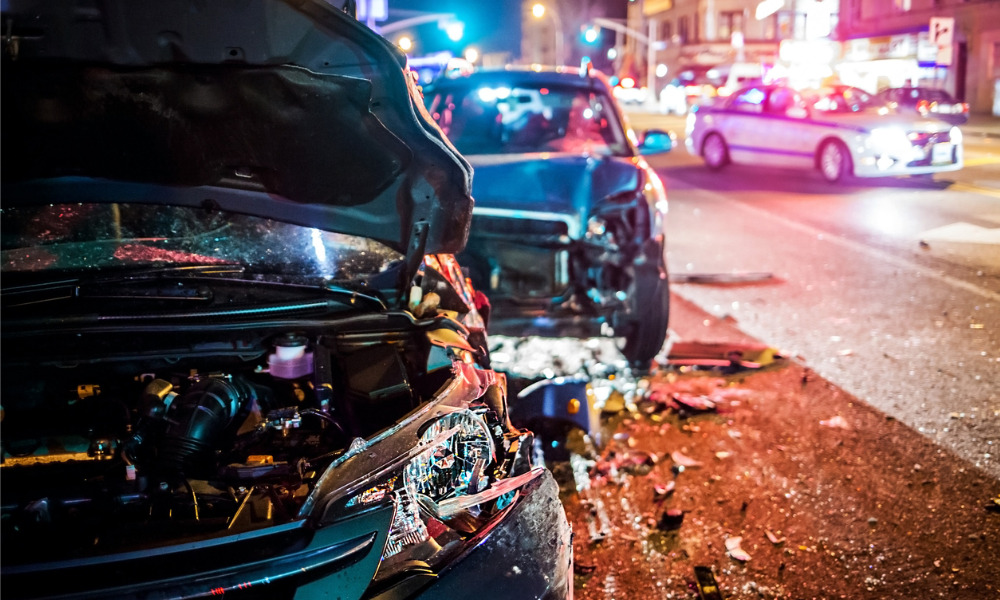Court rejected defendants’ explanation that the collisions were accidents

In a recent case, the Supreme Court of British Columbia found that the defendants had staged motor vehicle collisions to make fraudulent insurance claims and personal injury claims.
In Insurance Corporation of British Columbia v Singh, 2020 BCSC 1320, three rear-end motor vehicle collisions took place in Surrey within the span of three months and with no independent witnesses present. Two of the collisions occurred in roughly the same area, which was close to Pro Choice, an auto body repair business in Surrey. All but one of the cars involved were salvage vehicles acquired by Pro Choice.
Following the collisions, the defendants received the vehicle damage insurance proceeds and filed personal injury claims, which are pending, and which are dependent upon the results of this case.
The defendants, who were involved in the collisions in various combinations, are the following. Major Singh was the sole owner of Pro Choice. Major’s brother Inderjit and close friend Haghmohammadi were employees at Pro Choice, while Major’s son Gursharanjit sometimes did paperwork there. Defendants also included Prakash, Mehran and Rasuli. Some of these defendants shared certain connections with each other.
Plaintiff Insurance Corporation of British Columbia contended that the defendants had staged these three motor vehicle collisions to make fraudulent insurance claims and personal injury claims, while the defendants argued that these collisions were accidents.
As stated in Insurance Corporation of British Columbia v. Husseinian, 2008 BCSC 241, if the ICBC is alleging civil fraud, it should show that the following elements are present: the collision that the defendant was involved in was staged, the defendant knew or was wilfully blind to the fact that they were going to be involved in a staged collision prior to its occurrence, the defendant represented to ICBC that they were involved in an accident and the ICBC paid money as a consequence of that representation. Defendants not actually present in the vehicle can still be held liable if they understood and assisted with the fraudulent plan.
The B.C. Supreme Court considered the testimonies of the witnesses and determined that the first collision was staged, with Haghmohammadi as the organizer. Pro Choice, through Major, knowingly allowed the vehicle to be utilized to gain profit from the insurance claim. Haghmohammadi and Major were jointly and severally liable for the plaintiff’s damages alongside Inderjit, Prakash and Mehran, who also assisted with the plan. The second collision involved the combined participation of Haghmohammadi, Prakash and Rasuli, who were jointly and severally liable. Inderjit, Major, Gursharanjit and Haghmohammadi were then found jointly and severally liable for the third collision, which was also staged.
On the issue of credibility, the court acknowledged that the witnesses required the assistance of interpreters, lacked legal assistance and probably forgot some of the details due to the seven years that have passed since the collisions occurred. However, the court still found that all the defendants displayed significant impairment in terms of credibility and offered improbable, contrived or inconsistent accounts. The court therefore rejected their contention that the collisions were accidents.
The court also noted that Major Singh previously engaged in tax avoidance, which showed that he was “prepared to shade the truth when it is financially advantageous to him.”










